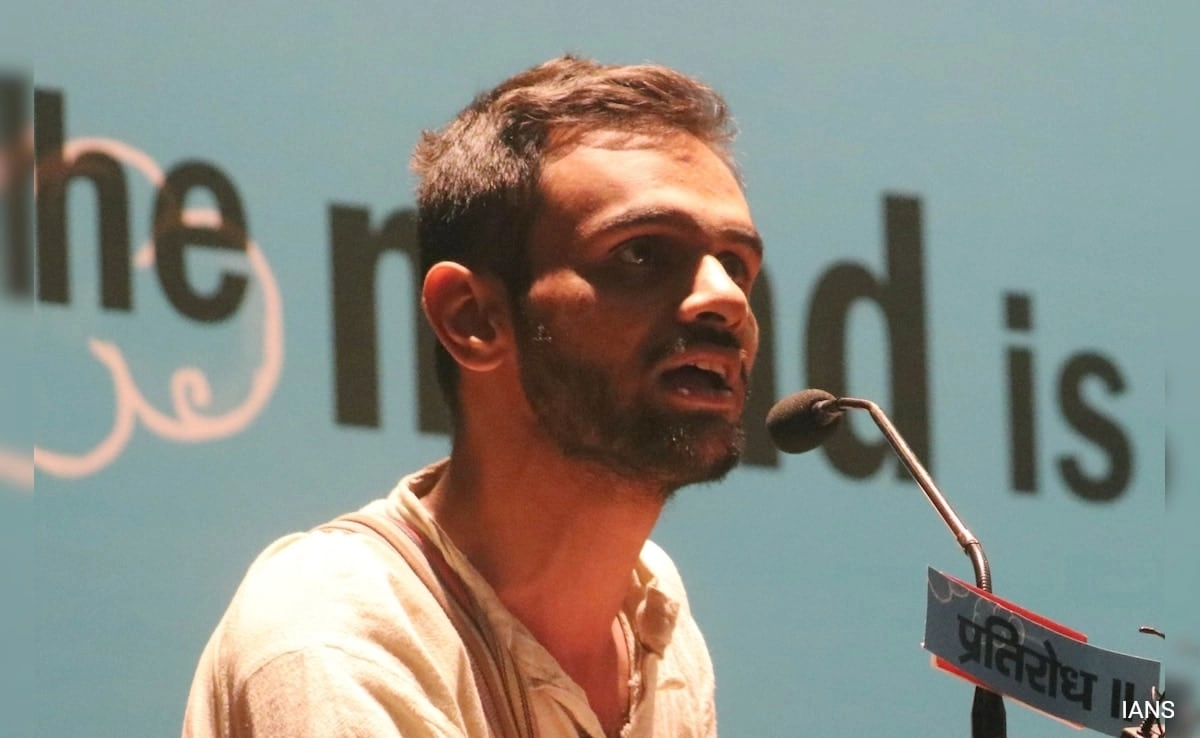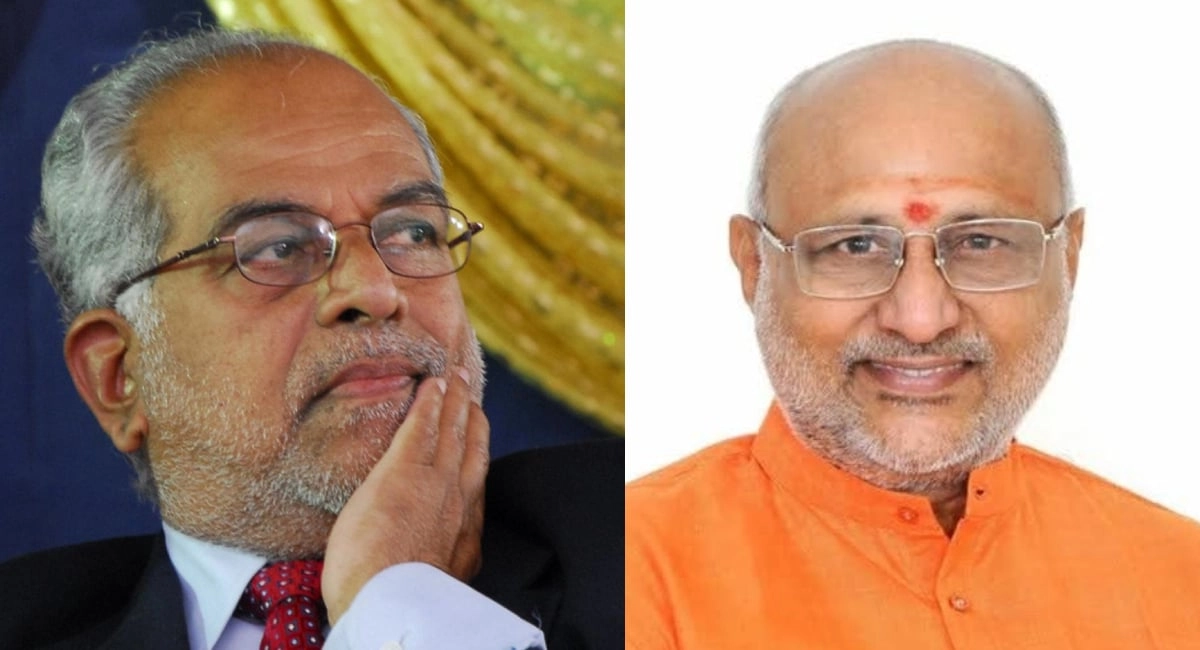Umar Khalid, a prominent activist, has recently made headlines with his statements regarding the First Information Report (FIR) filed against him in connection with the Delhi riots. During a court hearing, Khalid characterized the FIR as a “joke,” arguing that it is built on fabricated evidence. He contended that the allegations brought against him are not only baseless but also reflect a troubling trend in which dissenting voices are being targeted under the guise of law and order. Khalid’s assertion raises significant concerns regarding the integrity of the legal processes involved in the case, as he emphasizes that the evidence presented lacks credibility and is heavily manipulated to serve a particular narrative.
The Delhi riots, which erupted in February 2020, were marked by communal violence that resulted in numerous casualties and extensive property damage. Khalid’s involvement in the unrest has been scrutinized, as he was accused of inciting violence through his speeches and activism. However, he maintains that his actions were in line with peaceful protest and advocacy for justice, rather than the violent actions attributed to him. In court, he took the opportunity to challenge the prosecution’s claims, asserting that the case against him is politically motivated and seeks to suppress dissent in a climate where freedom of speech is increasingly under threat.
Khalid’s defense hinges on the argument that the authorities are using the FIR as a tool to silence voices that challenge the status quo. He pointed out the discrepancies and lack of substantial evidence that would warrant the severe charges he faces. This situation has sparked wider debates about the implications of such cases on civil liberties in India, with many observers expressing concern that the legal system is being weaponized against activists. Khalid’s case has become emblematic of a broader struggle for justice and accountability, raising crucial questions about the role of the judiciary in upholding democratic principles amidst rising authoritarianism.
As the legal proceedings continue, the discourse surrounding the Delhi riots and Khalid’s case is likely to evolve, drawing attention from human rights organizations and civil society alike. The outcome of this case could have far-reaching implications for how dissent is treated in India and whether the legal framework can be relied upon to protect individual rights against state overreach. Khalid’s assertion that the FIR is a “joke” encapsulates his broader critique of the systemic issues within the legal system, highlighting the urgent need for reform to ensure that justice is served fairly and equitably.




